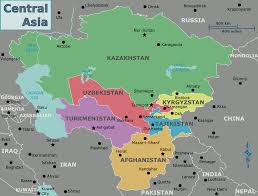
Introduction to the Nuremberg Trials
The Nuremberg Trials, held from 1945 to 1946, marked a pivotal moment in the establishment of international law and human rights. With the backdrop of World War II and the Holocaust, these trials were not only about punishing war criminals but also about setting precedents for legal accountability. The trials laid the foundations for contemporary international criminal justice, highlighting the importance of justice in a post-war society.
Key Events and Details of the Trials
Held in the city of Nuremberg, Germany, the trials focused primarily on two groups: the main Nazi war criminals and the doctors involved in human experimentation. More than 20 prominent figures of the Nazi regime were prosecuted, including Hermann Göring, Rudolf Hess, and Joachim von Ribbentrop. The tribunals were significant not just for the high-profile nature of their defendants, but also for the comprehensive documentation and use of evidence, including witness testimonies and films exposing the atrocities committed.
The legal framework established during these trials introduced important concepts, such as the principles of crimes against humanity and genocide. For instance, the tribunal rejected the defense of ‘just following orders,’ emphasizing individual responsibility for war crimes.
Aftermath and Ongoing Significance
The Nuremberg Trials had far-reaching consequences. They led to the establishment of the United Nations and framed the discussion around human rights on a global scale. Following Nuremberg, other tribunals were established, such as those for the former Yugoslavia and Rwanda, demonstrating the ongoing commitment to address crimes against humanity.
Conclusion
Contemporary discussions around international law often refer back to the Nuremberg Trials as a benchmark for justice and accountability. They exemplify the message that leaders and nations must be held accountable for their actions. As we reflect on the significance of these trials, it remains clear that their legacy continues to influence global legal institutions and the pursuit of justice worldwide. Understanding the Nuremberg Trials not only reminds us of the past horrors but also reinforces the necessity for vigilance in the protection of human rights in today’s society.



